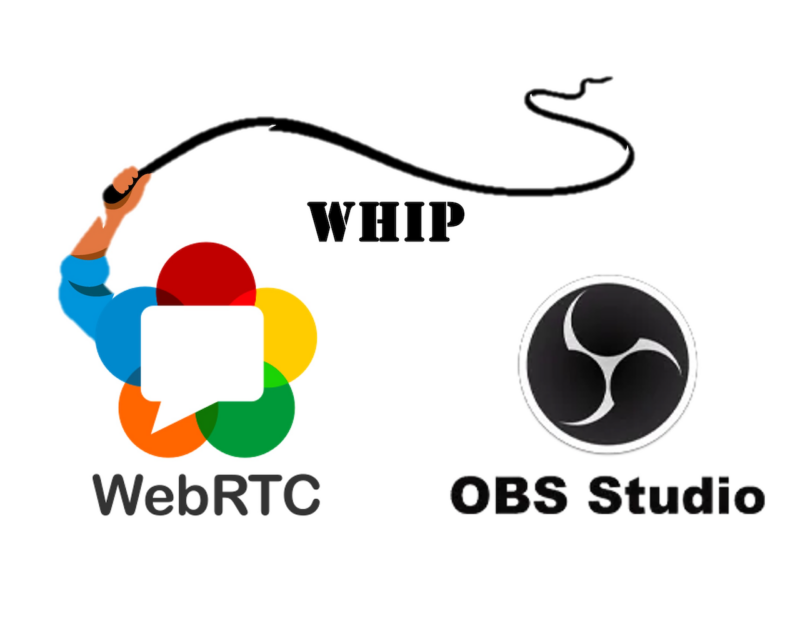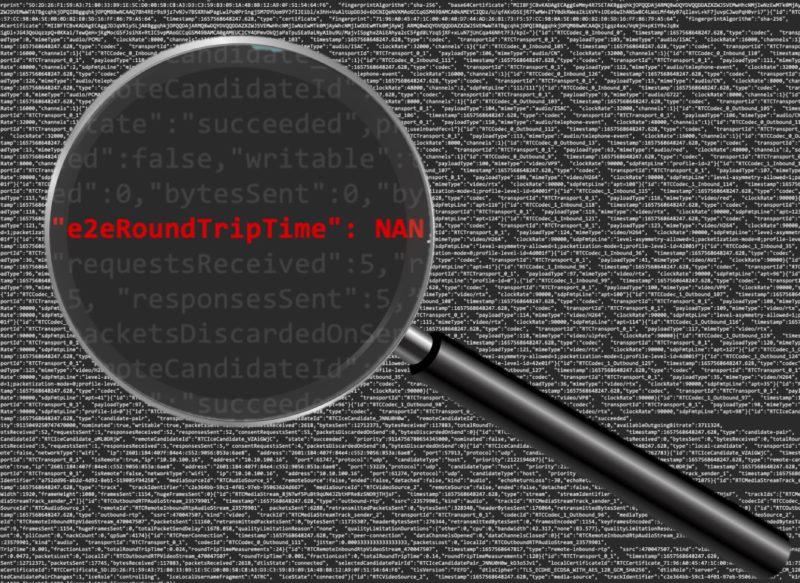I am working on a personal Chrome Extension project where I need a way to convert a video file – like your standard mp4 – into a media stream, all within the browser. Adding a file as a src to a Video Element is easy enough. How hard could it be to convert a video […]
Search Results for: Gustavo Garcia
WebRTC cracks the WHIP on OBS
Open Broadcaster Software – Studio or OBS Studio is an extremely popular open-source program used for streaming to broadcast platforms and for local recording. WebRTC is the open-source real time video communications stack built into every modern browser and used by billions for their regular video communications needs. Somehow these two have not formally intersected […]
10 Years of webrtcHacks – merch and stats
webrtcHacks celebrates our 10th birthday today 🎂. To commemorate this day, I’ll cover 2 topics here: Our new merch store Some stats and trends looking back on 10 years of posts We have the Merch In the early days of webrtcHacks, co-founder Reid Stidolph ordered a bunch of stickers which proved to be extremely popular. […]
How Cloudflare Glares at WebRTC with WHIP and WHEP
WebRTC blackbox reverse engineering experts Gustavo and Fippo take a look at Cloudflare’s new WebRTC implementation, how Cloudflare uses the new WebRTC-based streaming standards WHIP and WHEP, and the bold pronouncement that they can be a replacement to open source solutions.
Calculating True End-to-End RTT (Balázs Kreith)
Balázs Kreith of the open-source WebRTC monitoring project, ObserveRTC shows how to calculate WebRTC latency – aka Round Trip Time (RTT) – in p2p scenarios and end-to-end across one or more with SFUs. WebRTC’s getStats provides relatively easy access to RTT values, bu using those values in a real-world environment for accurate results is more difficult. He provides a step-by-step guide using some simple Docke examples that compute end-to-end RTT with a single SFU and in cascaded SFU environments.






